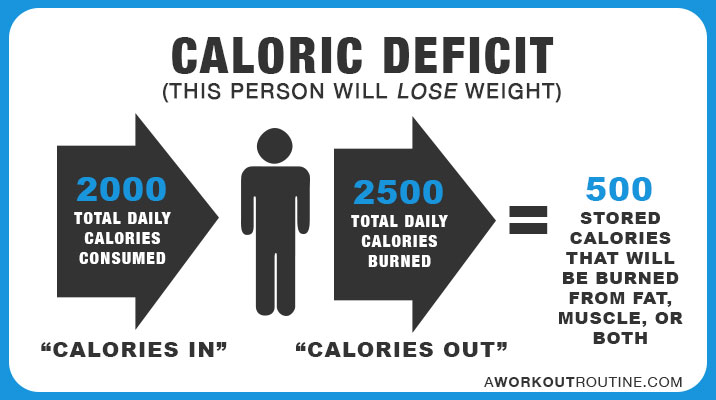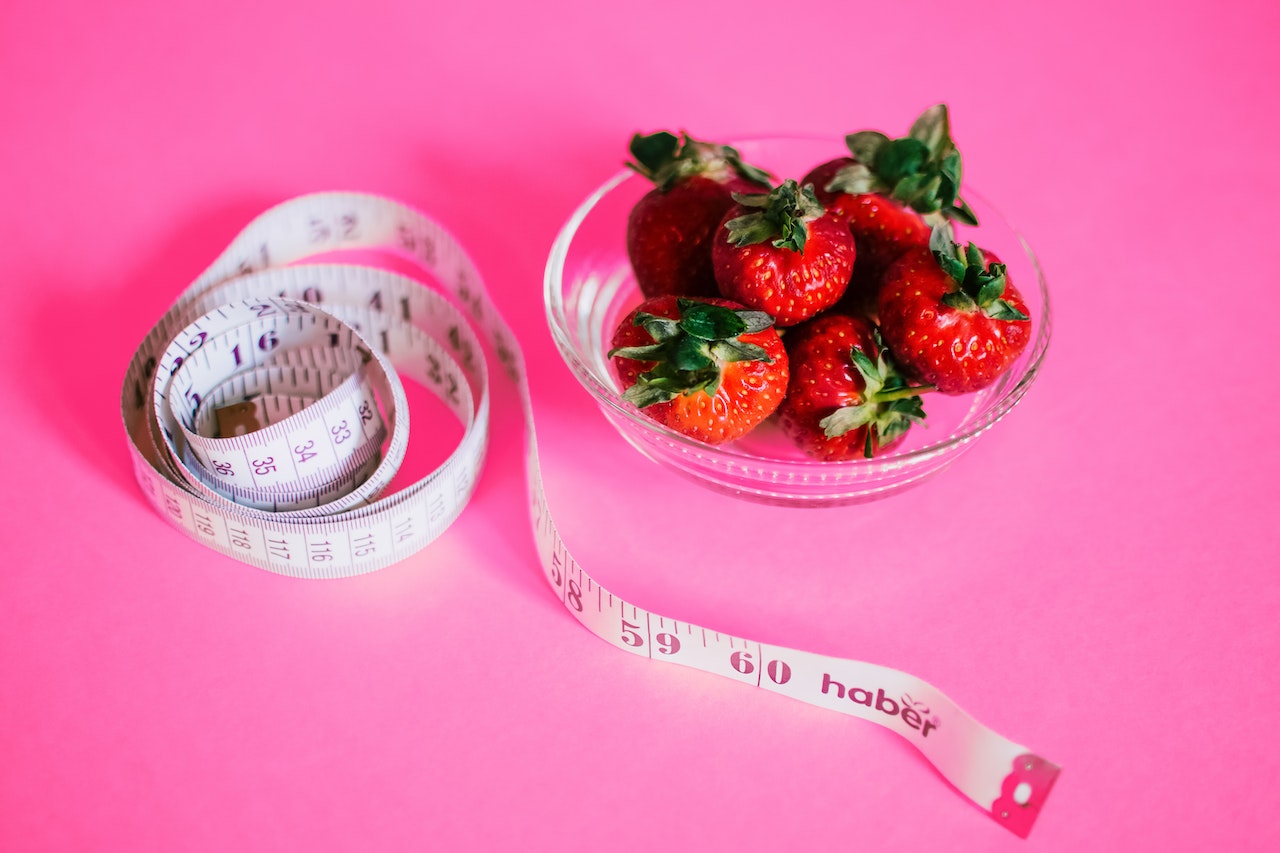“Fad” diets
As a Personal Trainer, I cannot count the amount of times a client asks me in relation to fat loss “What about intermittent fasting?” or “Shall I go on a paleo diet?”.
The real question you should be asking to yourself is “Can I sustain one of these “fad” diets on an everyday basis for the rest of my life?”. Typically the answer will be NO!
I don’t know about you reading this but I couldn’t not eat another carbohydrate ever again or only eat between the hours of 10am and 6pm forever and ever. These “fad” diets end up all boiling down to one principle which I will talk about in a second.
First, let’s list a few of the main diets that I’m asked about in relation to fat loss:
Ketogenic Diet
Keeping a typical carbohydrate count lower than 10% but increasing fats to around 60-70% in a hope to reach a state of “Ketosis”. This is when the body swaps from using glucose as a primary energy source to fat instead.
Paleo Diet (Caveman Diet)
Called the caveman diet because you eat like one! This includes the consumption of fruits, vegetables, lean meats, fish, eggs, nuts and seeds. The idea that our genes are not well-adjusted to modern farming methods.
Intermittent Fasting
Going for extended periods of time without eating. There’s many types of methods including the 16:8 method, 5:2 method, eat stop eat and others.
Atkins Diet
Similar to a Ketogenic Diet in relation to a low carbohydrate approach but uses a “Net” carbohydrate approach. This is taking away the dietary fibre from the total carbohydrates.
Vegan Diet
Plant-based diet centered around the consumption of vegetables, grains, nuts, and fruits.
So what should we be focusing our attention to in relation to a “Fat Loss Diet”?
Calorie Deficit
Following any of the diets above will typically put you in a calorie deficit, not all the time but mostly they will. Quite simply your body burns calories during everyday life like digesting or absorbing without you even moving, moving more will increase your calorie burn so all you need to do is gather a rough estimate of your BMR (Basal Metabolic Rate) as a start and CONSISTENTLY consume around 20% less calories than this. Any exercise you do should not really be added onto your BMR to substitute for more food but rather used as an extra boost to your deficit.
How does it work?
Thermogenesis is the metabolic process by which organisms burn calories in order to generate heat. If you do not consume enough calories to support this then your body won’t simply stop producing heat it will look for an alternate method to get the calories.
Body fat is a store your body will then look into to keep this process continuing the way it does. Around a pound of body fat equals 4,000kcal and body fat is a store your body will use as and when needed to. This gives you a rough idea of how much a deficit you need to be in consistently to lose a pound of body fat.
So in a simplified term by restricting the calories you consume in relation to what your body burns on a daily exercise without the added extra of exercise by 20% or more will cause your body to burn body fat if done on a consistent basis.
Example:
Diane’s BMR is 2000kcal a day and lives a very sedentary life, cannot exercise frequently and wants to lose weight. If Diane consumes 1600kcal or less consistently then her body will have to use excess body fat as an energy source to keep her body functioning.
Another example:
John’s BMR is 2000Kcal a day, he has a very active job and loves the gym he consumes 2000Kcal a day but burns an additional 500Kcal through his active lifestyle. Even though John consumes the same amount of calories as his BMR he will still lose weight if he maintains his activity levels and continuingly burns an additional 500Kcal through his exercise.

Consistency is the key with this way of eating and just by making yourself aware of calories in foods by checking labels or by using some smart apps like MyFitnessPal, you will be increasingly more likely to stick to losing weight in the long term than any of these fad diets that are overcomplicated in the modern day.
In summary teaching yourself about calories, eating less of them and not restricting the foods you love with these fad diets will be more maintainable in the long term in regards to fat loss.
Don’t overcomplicate your life! Bin the fad diets and consistently maintain a calorie deficit and be happy eating the foods you like.




